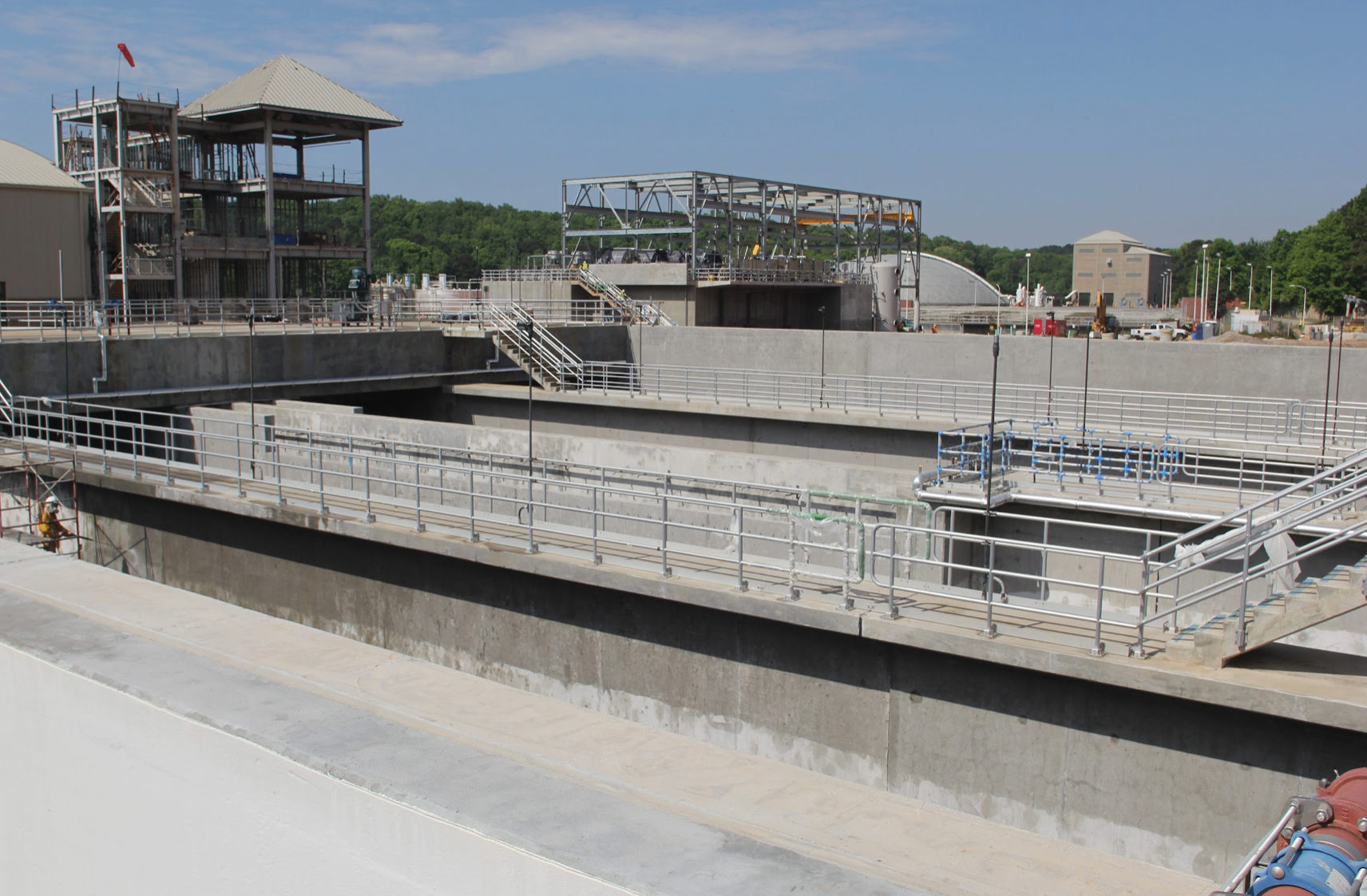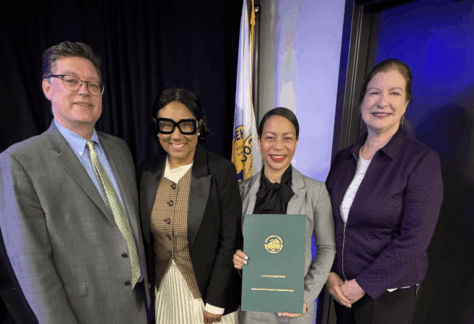Several water main breaks caused chaos in the city of Atlanta recently, leading to issues for residents, hospitals, hotels, entertainment venues, and jails, among other facilities. Many businesses had to close their doors, and those living in affected areas found themselves under a boil water advisory for days.
While things have returned to business as usual, the acute water main breakspoint to a larger issue, one that’s prevalent well beyond the city of Atlanta and worthy of all our attention, Rachel Frazin, energy and environment policy staff writer for The Hill, argues.
She shares that water main breaks are a “common story” in older cities throughout the country and indicative they need to be replaced. “The American Society of Civil Engineers estimated in 2021 that a water main breaks every two minutes in the U.S.leaking enough water to fill 9,000 swimming pools each day.”
Interestingly, a 2023 American Water Works Association (AWWA) benchmark report found that water utilities in Region II, or Georgia, Alabama, Florida, Kentucky, Mississippi, North Carolina, Puerto Rico, South Carolina, Tennessee, Virginia, and West Virginia, has a median value of 16 breaks/100 miles of pipe.
DeKalb County District 1 Commissioner Robert Patrick –someone who wants all of DeKalb to operate at a high level –says these incidents and stats like these should be a wake-up call.
“It’s imperative we regularly maintain and, when necessary, upgrade DeKalb’s water system to prevent incidents like water main breaks and ensure a reliable, safe water supply for all DeKalb County residents,” Patrick says.
Capital Improvement Program
DeKalb County’s Capital Improvement Program (CIP) was developed in 2021 and creates the 10-year plan for funding and scheduling of the county’s water system.
The strategic plan outlines essential water system projects that will enhance the infrastructure of DeKalb and help prevent incidents like the ones with Atlanta’s main water pipes. It will also ensure long-term reliability and efficiency for all residents.
History of DeKalb’s Department of Watershed Management and Scott Candler Water Treatment Plant
DeKalb County’s first pipes were installed over a century ago in 1909. The Scott Candler Water Treatment Plant, originally constructed in 1942, is the drinking water plant that serves DeKalb County. Today, the county’s population is nearly nine times greater than it was 80 years ago in the 1940s.
Current Challenges
One Water Source
Did you know that the Chattahoochee River is DeKalb County’s only water source? In fact, DeKalb is the only county of its size, measured by population served, in the metro Atlanta area with only one water source.
Having only one water source can pose unique challenges for a county, particularly when it comes to water supply reliability and quality, and addressing these issues can come with significant economic and environmental implications.
While reservoirs at the Scott Candler Water Plant can provide a projected 12 days of supply, it’s still imperative we continue investing in additional infrastructure that would alleviate the challenges of having only one water source.
Aging Pipes
An additional challenge is the age of the infrastructure. By 2050, nearly 2,000 miles of pipe in DeKalb will reach 70 years old. Older pipes are more likely to deteriorate, leading to leaks, which can come with increased operational costs or, worse, breaks, like the ones in Atlanta. If pipes are not regularly maintained and replaced when needed, it can translate to issues for residents such as reduced water pressure and service disruptions.
Water Pressure
While DeKalb has some low-pressure water areas, it has even more very high-pressure areas. AWWA recommends the average water pressure in a typical home be between 40 and 60 Pounds per Square Inch. Water pressure that is too high could potentially cause infrastructure damage, increased consumption and maintenance costs, and negatively impact water quality.
Capital Improvement Investments & Projects
2021’s CIP includes major increased investment in the water system and the funding of several key projects.
60” Water Main Addition
The 60” Water Main Addition project addresses the critical need to increase transmission capacity for an under-sized system. This project entails a significant investment of approximately $650 million over the next 25 years, with Phase A costing $135 million to construct a water transmission line from the Water Treatment Plant (WTP) to Northlake Mall. Notably, the county has not added a major water transmission line in 50 years, and the northern part of the system remains largely unchanged since then. This upgrade is essential for meeting current and future water demands.
Additionally, the CIP funds the replacement of aging pipes at $75 million per year throughout its duration.
Scott Candler Water Treatment Plant Projects
The $50 million investment encompasses several critical infrastructure projects designed to modernize and enhance the water system. Key initiatives include addressing remaining sections of the old plant, creating redundant clearwells to increase storage capacity by 60%, establishing a redundant primary power supply, upgrading transfer pumps, and implementing an upgraded Supervisory Control and Data Acquisition (SCADA) system to support remote operations. These projects aim to improve reliability, increase storage capacity, and ensure the system’s overall efficiency and resilience.
Raw Water System
This project entails a substantial investment of approximately $3 million to enhance the county’s water infrastructure. This comprehensive initiative includes critical building upgrades, the implementation of an upgraded Supervisory Control and Data Acquisition (SCADA) system to facilitate remote operations, and bolstered site security measures. These improvements aim to ensure the system’s reliability, efficiency, and resilience, ultimately providing safer and more dependable water services to the community.
“I’m proud of DeKalb’s Board of Commissioners, CEO and staff for thinking ahead to make significant infrastructure improvements before we have a potential catastrophe,” said Patrick. “These investments make a better DeKalb for all of us.”








